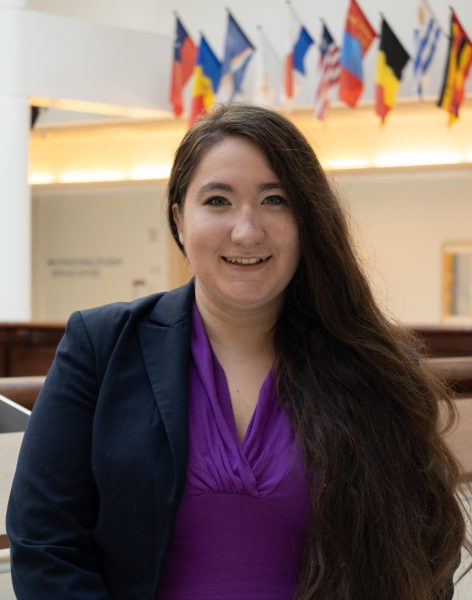Counseling Center stretched thin
February 20, 2023
The Baruch College Counseling Center is facing a staff shortage that is putting a strain on the department, exacerbating wait times for appointments and resulting in fewer counselors to assist students.
Currently, there are only two full-time counselors. There are four part-time counselors who work a combined total of just 20 hours a week and three part-time psychiatric specialists who provide medication care.
Going forward, the center will no longer be able to support all part-time counselors following the suspension of COVID-19 relief funds. The center had been receiving an additional $220,000 to $240,000 annually for the past three years.
According to a survey conducted by the Counseling Center, the mental health crisis has worsened since the height of the COVID-19 pandemic with 45% of the 1,300 respondents scoring positive for moderate to major depression, 37% for anxiety and 19% reporting selfinjurious behavior.
“A third of the students that we see struggle with suicidal ideation,” Dr. Teresa Hurst, director of the Counseling Center, said.
While students who have experienced a traumatic event or have expressed an intent to harm themselves or others are attended to immediately, most students have no choice but to wait for an appointment.
Students may experience a wait time of about a week or even longer during peak periods to secure an appointment. Students can only receive support for up to a semester.
“We do the best we can with what we have,” Dr. Hurst said. “I am grateful for the hard work that my team does to support the mental health needs of our students.”
Individual appointments are limited to about 40-42 slots for new students every week. Students may attend as many group sessions as required, with each group consisting of about 10 students.
But even if funding is increased and the Counseling Center is able to hire more full-time staff, Dr. Hurst said only the number of group therapy sessions can be increased.
New students seeking support may book appointments online, via phone call or at the office’s front desk to attend an initial intake appointment. After this preliminary meeting, a treatment plan is created in which the student may be assigned to group therapy or individual sessions with a counselor. Students may also be referred to grant-funded, low-cost programs or free clinics.
At Baruch, 80% of students have a history of having experienced trauma. Of the thousands of students who visit the center annually, 80% are students of color and 25% are members of the LGBTQ community.
Considering these numbers, the Baruch College Counseling Center has two main focuses — trauma and social justice. These issues are addressed through a combination of various services listed on its website.
Sessions are also available to students in numerous languages. What languages are available changes based on the staff each year and can be reviewed online.








